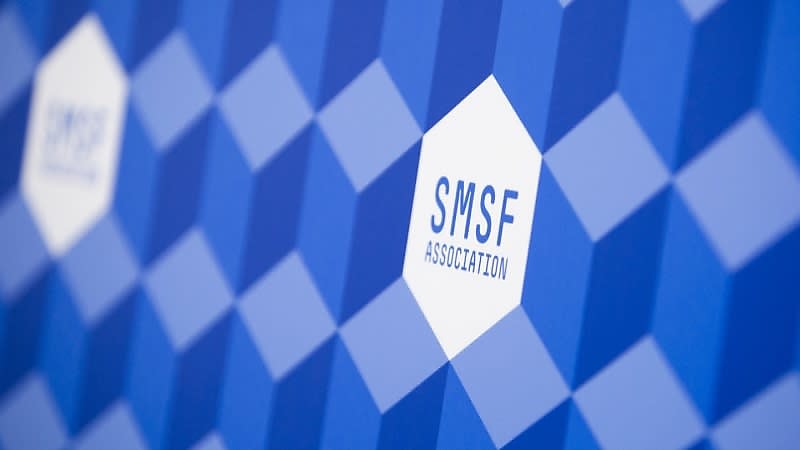Changes to financial system reporting need careful consideration: SMSFA
The SMSF Association has urged the government to consider the roles, functions and governance of new entities in any changes that may be made to the financial reporting system.
In its submission in response to the proposed establishment of a new single standard setting body, by combining the Financial Reporting Council (FRC), the Australian Accounting Standards Board (AASB) and the Auditing and Assurance Standards Board (AUASB), the SMSF Association said it acknowledges the need to align internationally on a range of standards for economic efficiency and to allow Australian businesses to attract investment or to compete in international markets.
However, it said that while these are issues of significance, any restructure or change of remit must also consider the roles, functions, governance, and processes of the new entity in the discharge of its duties.
It urged the government to ensure it does not have a narrow focus and properly consider all stakeholders, including those operating in different frameworks.
“The self managed superannuation fund sector comprises 631,942 funds, representing 1,173,867 members and assets worth $1.024 trillion. This equates to 25 per cent of the $3.9 trillion in superannuation assets under management,” it said.
“International accounting and auditing standards or climate reporting obligations do not apply to all entities and local standards remain necessary.”
It added that SMSFs are not public interest entities, do not operate in an international context, do not report for the benefit of third parties, and must comply with the reporting obligations set out under the fund’s deed.
“Financial reports are prepared as ‘special purpose’ financial statements and are not ‘general purpose’. As such, various accounting standards do not apply. However, certain reporting requirements may be prescribed in superannuation law.”
“SMSF auditors and the audit of SMSFs have their own regulatory environment. The requirements for the audit of an SMSF are set out in superannuation law, and are an Australian specific legislative and operative framework.”
It said the audit of an SMSF comprises both a financial statement audit and a compliance audit.
“It is a statutory requirement that the fund is audited each financial year, that auditors comply with auditing standards relevant to the SMSF audit engagement and the independence standards prescribed by the Accounting Professional and Ethical Standards Board (APESB).”
The association said any restructure or change of remit under a new entity and structure must ensure that the needs of all key stakeholders are considered in the work undertaken by the body, and recommended a retention of talent and expertise, and that any changes allow for the efficient transfer of enterprise knowledge.
Last, it urged that stakeholder engagement outside of boards or committees is prioritised, including the use of specialist sub-committees, and genuine and timely consultations to ensure no unintended consequences, particularly those that fall outside of the international and climate-based reporting regimes.








